Blackfriars
Religious Place In Newcastle City Centre, Tyne And Wear
A restored Grade I listed, 13th Century Friary and ruins in the centre of Newcastle, now partly used as a restaurant and craft workshops.
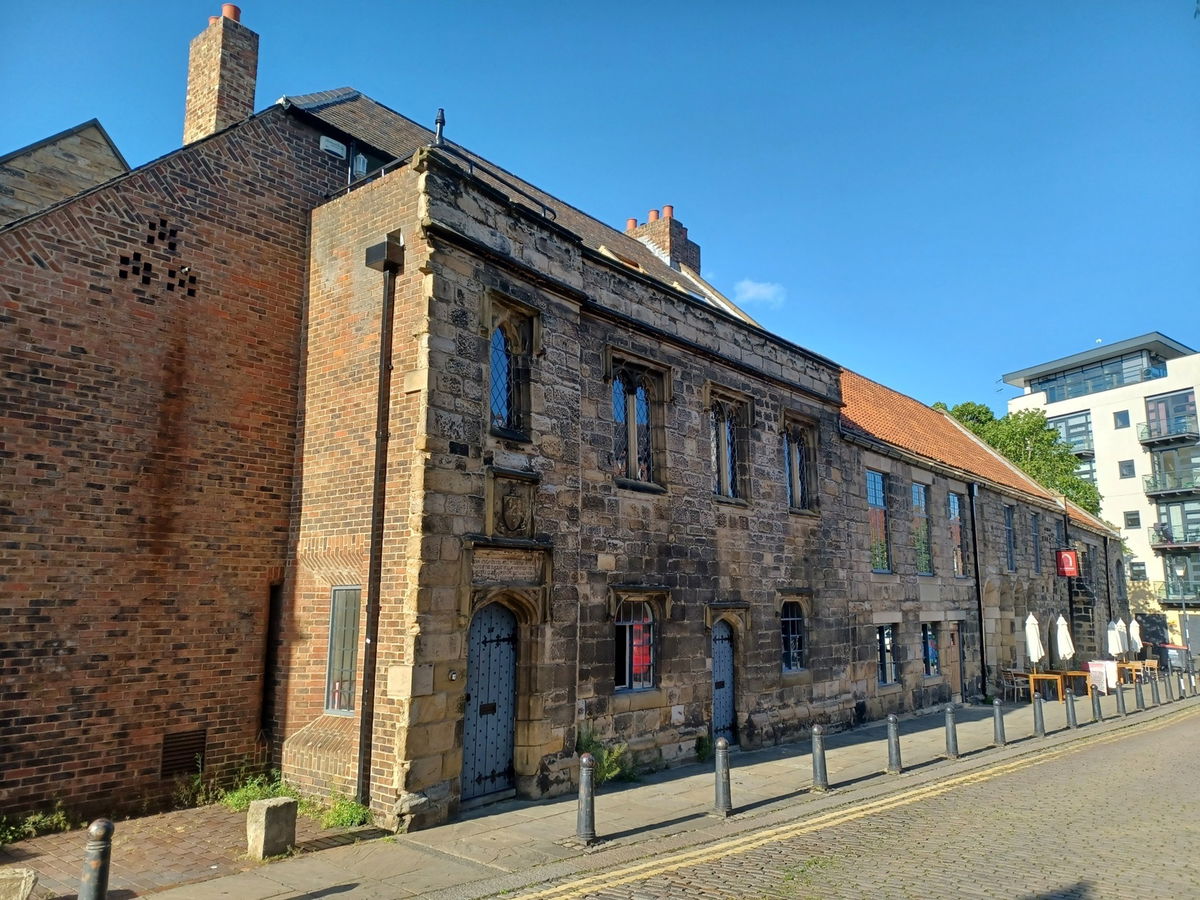
In the early part of the 13th Century England began to see Orders of Friars establish themselves around the country. Newcastle was no exception and by halfway through the 14th Century, five orders had made their home there; the Blackfriars (Domincan Friars) 1239, the Whitefriars (Carmelite) 1262, the Austinfriars (Augustinian) 1290, the Greyfriars (Franciscans) 1274 and the Trinitarians who were established in 1360.
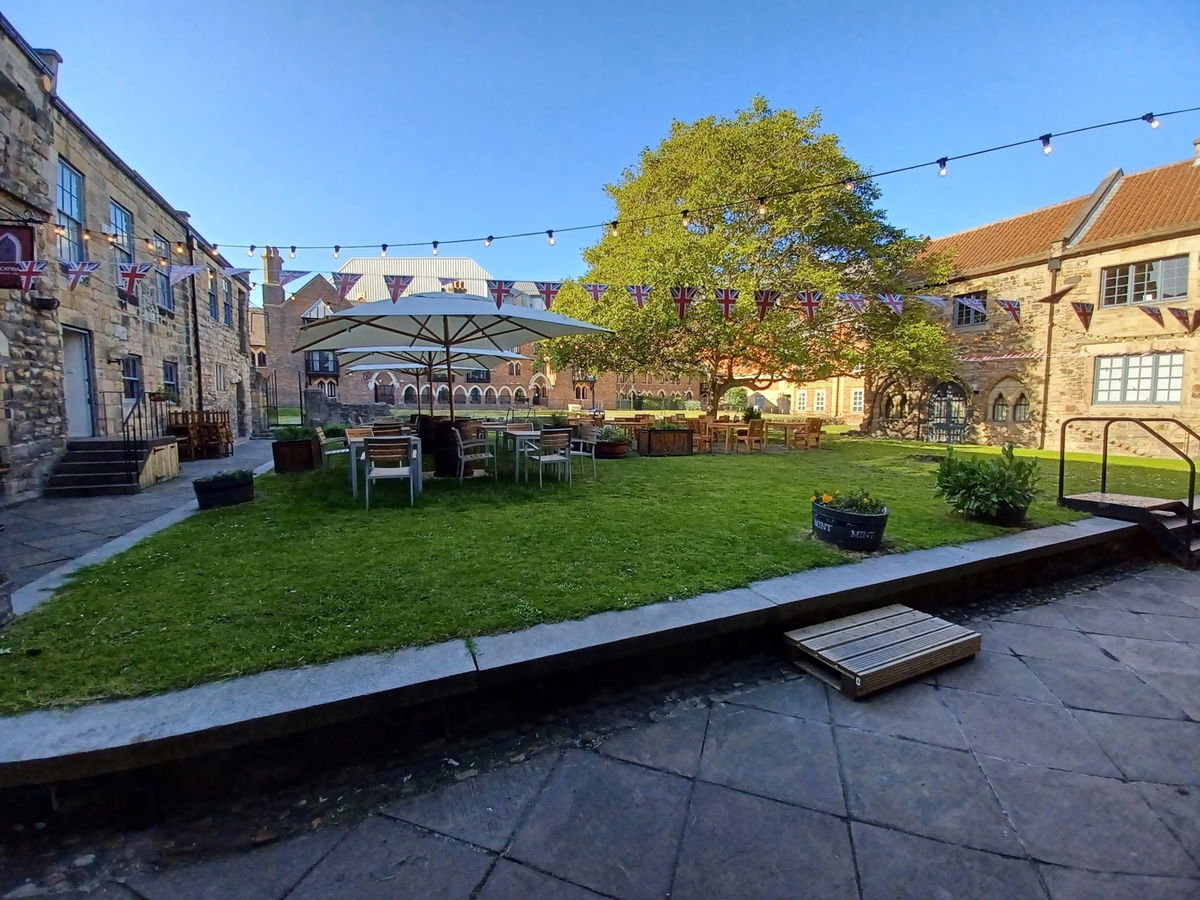


The Domincan Order, founded by St Dominic shortly after 1200, unsurprisingly set up their base in what we know today as Blackfriars. The Friary, set just inside the City Walls, was founded by Sir Peter Scott, a wealthy merchant, and covered 7 acres (2.83 hectares), with two gardens, used for food and medicinal purposes, and four small closes that provided the Friars with a small income.
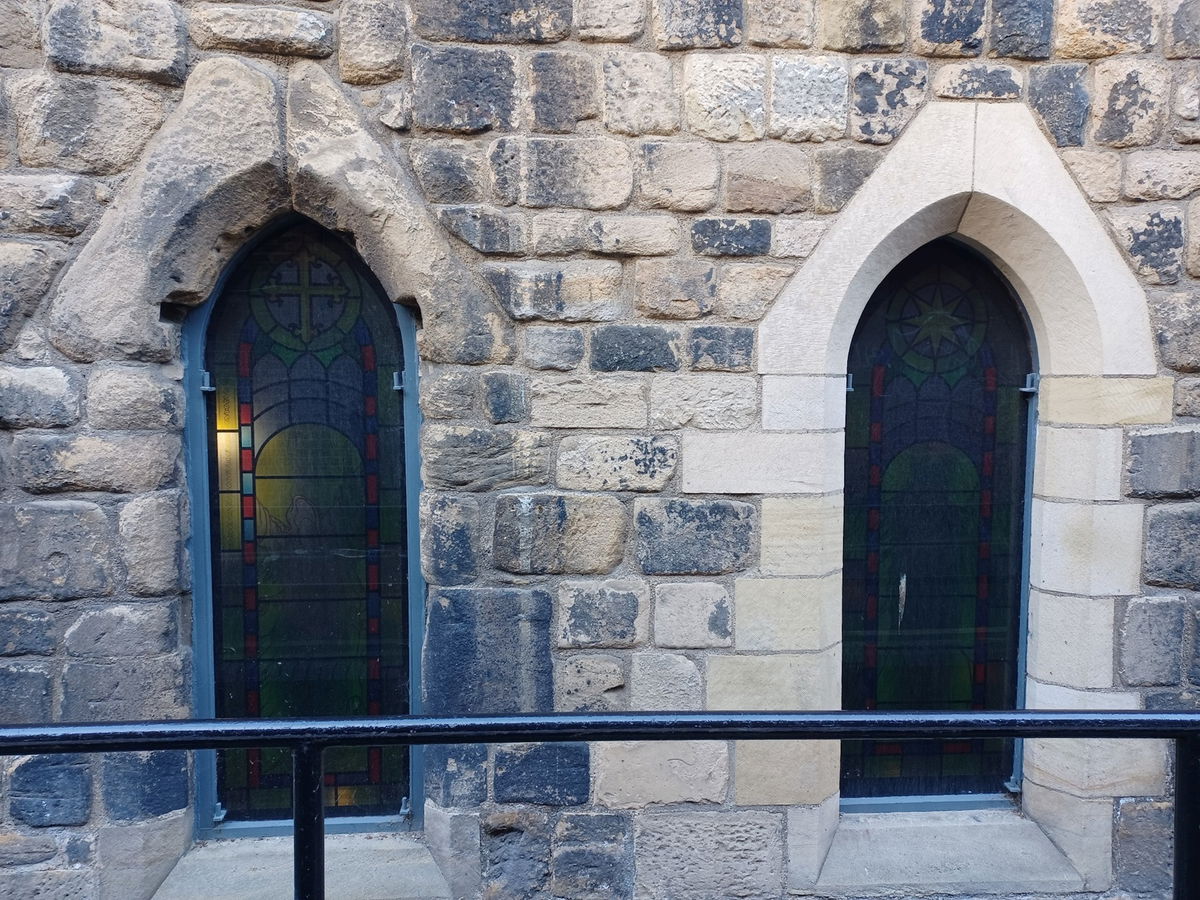
Friars of the Dominican Order were forbidden from owning and land or buildings, but it could be held in trust for them, which was the case in Newcastle. They differed from Monks in that their daily routine featured less worship and they tended to be clerics who got by solely through begging. This is why they preferred urban locations.
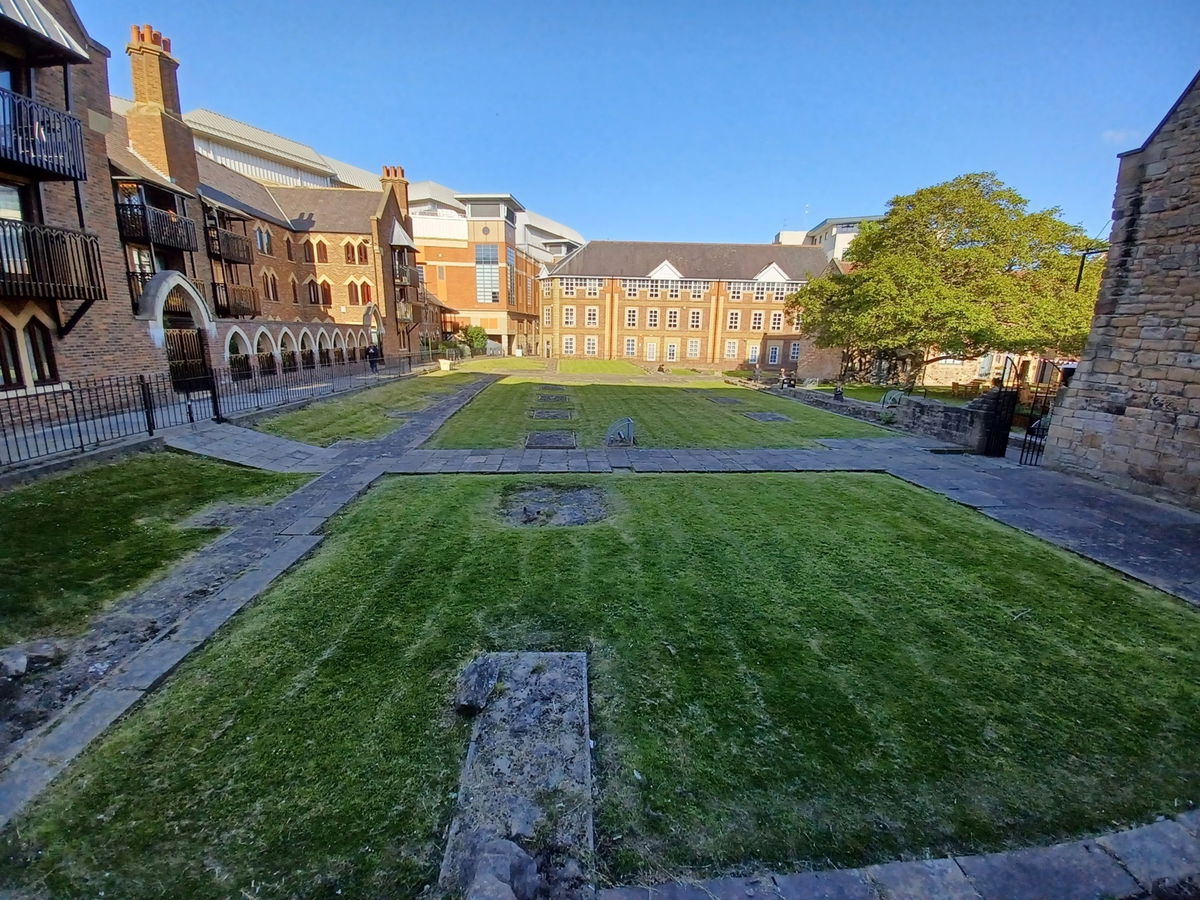
Despite its austere inhabitants Blackfriars accommodated royalty more than once, including Edward III of England in 1334.
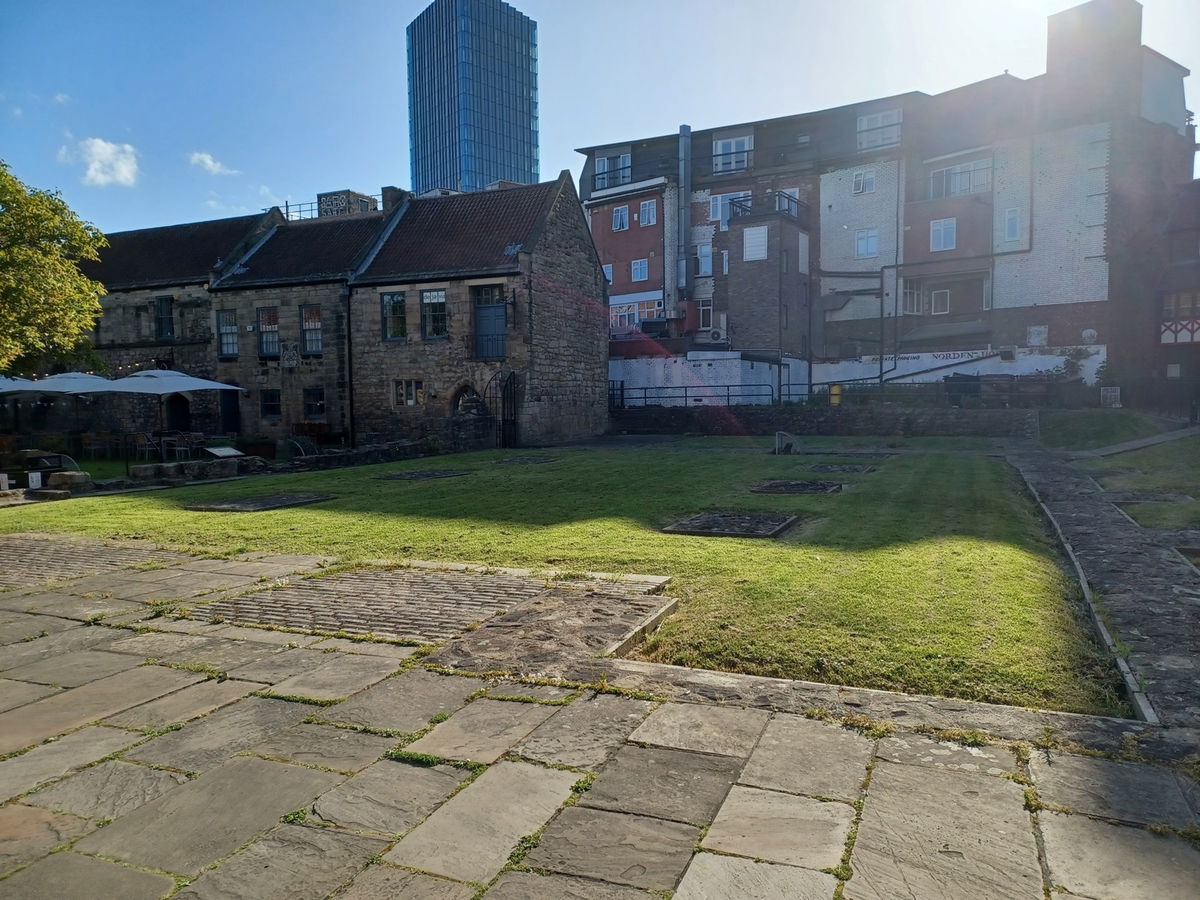
The Reformation, which was set in motion by Henry VIII in 1536, saw the dissolution of all five of the Friaries in Newcastle and in 1539, the land was sold to rich merchants and the Corporation. The Church, Sacristy, half of the Chapter House and the Cloister were all demolished, leaving only remnants of their existence today, and the Convent was sold to Mayor and Burgesses of the City.
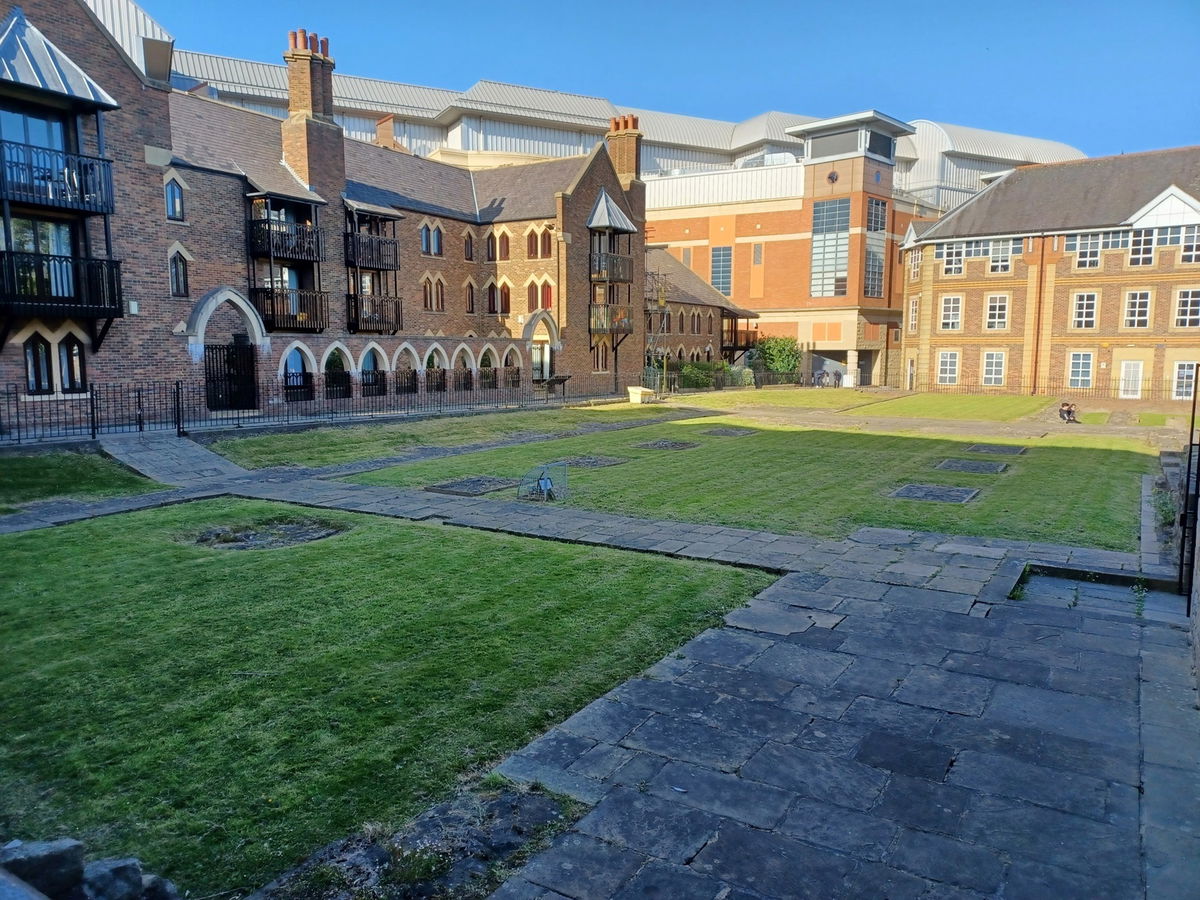
In 1552 they started leasing the remaining buildings to nine of Newcastle's craft guilds who used it as their headquarters, which no doubt explains why they are the only religious order whose building survives to the present day.
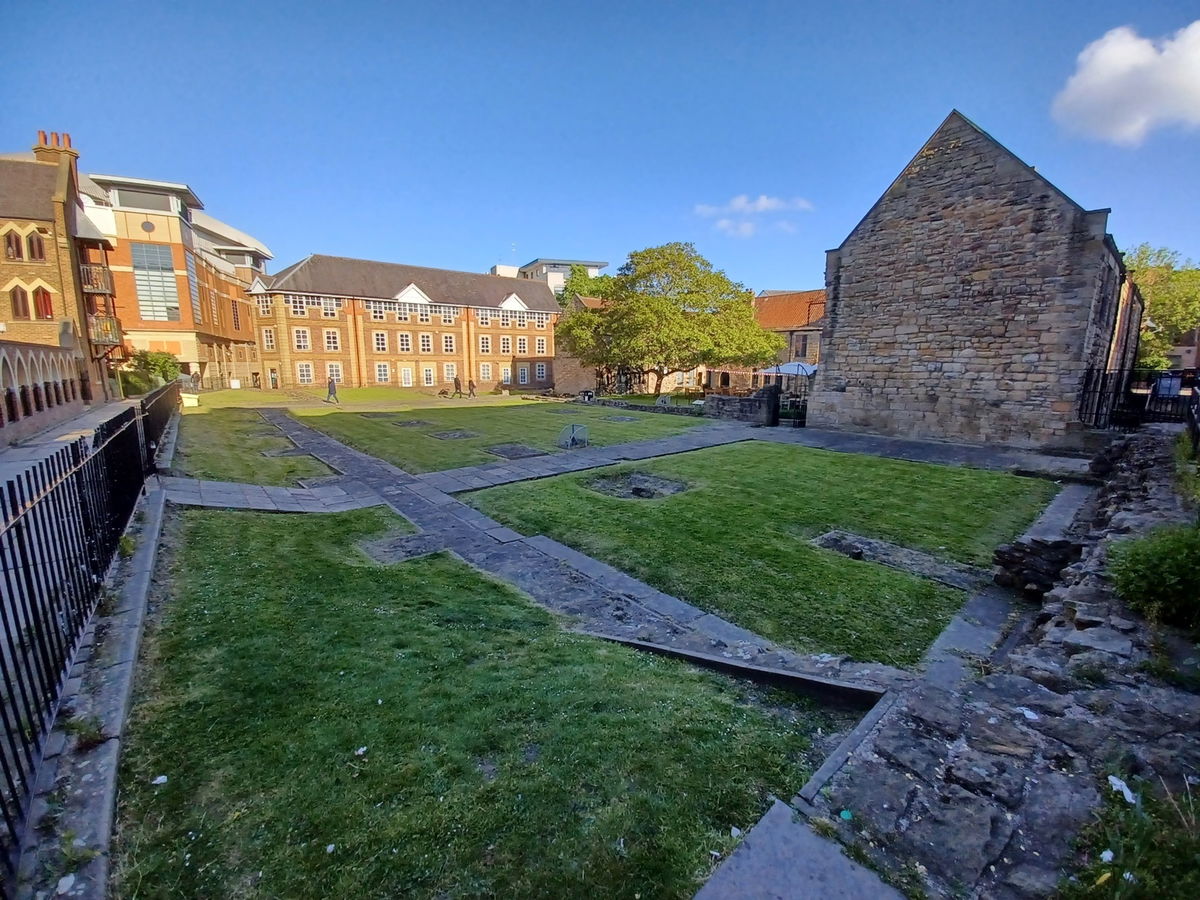
Throughout the 16th and 17th Century the Guilds carried out extensive renovations to make the buildings more useable for their needs, including the alteration of floor levels and introduction of new windows. The meeting houses within Blackfriars were used well into the 19th Century although some such as the Tailors and Cordwainers moved out of the site before moving back again. The meetings only took place once every 3 months so the rooms in Blackfriars were used the rest of time by others, either as dwellings for people employed by the Guilds or for the poor and needy who could live there rent free.
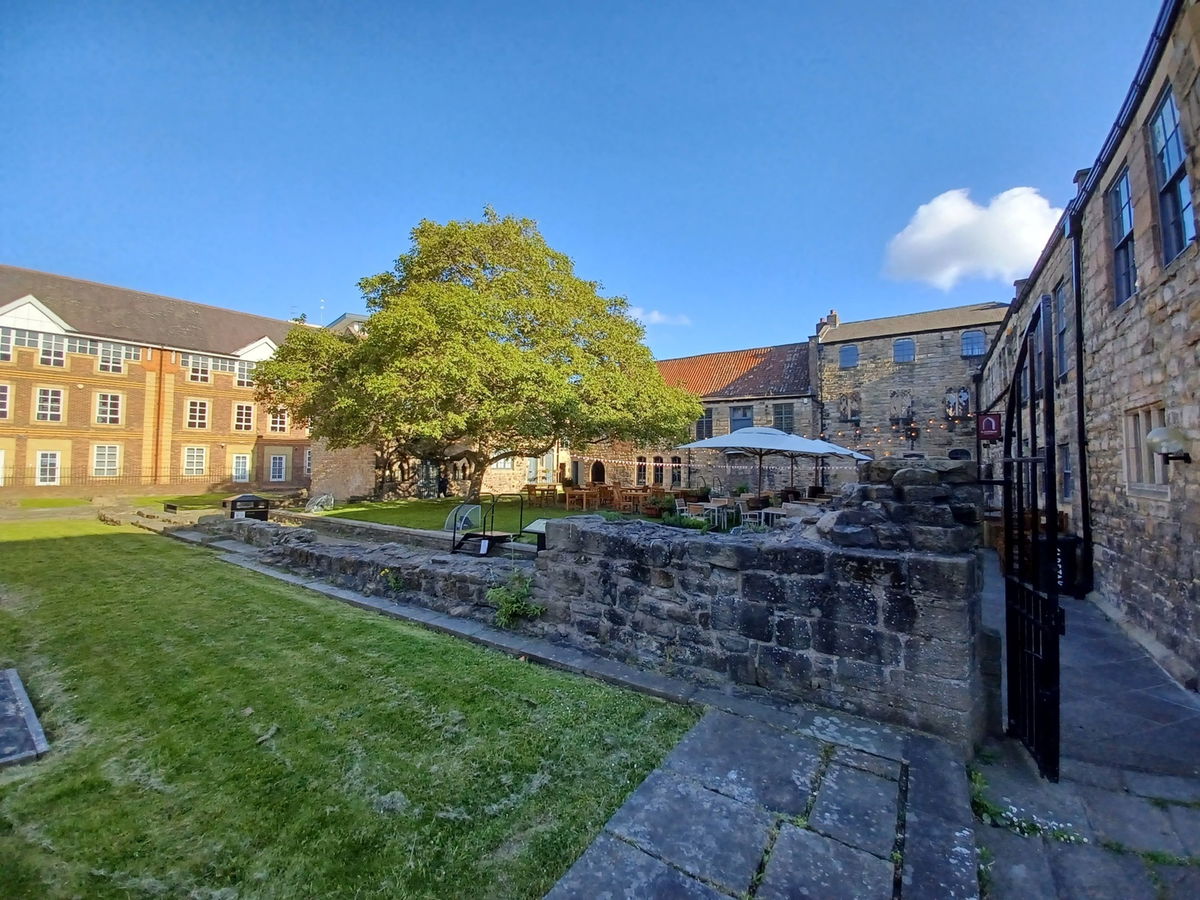
As with many historic buildings Blackfriars fell into disrepair during the later 19th and 20th Century, and in 1937 the Saddler's property was declared unfit for human habitation. The Newcastle Corporation acquired Blackfriars in 1950.
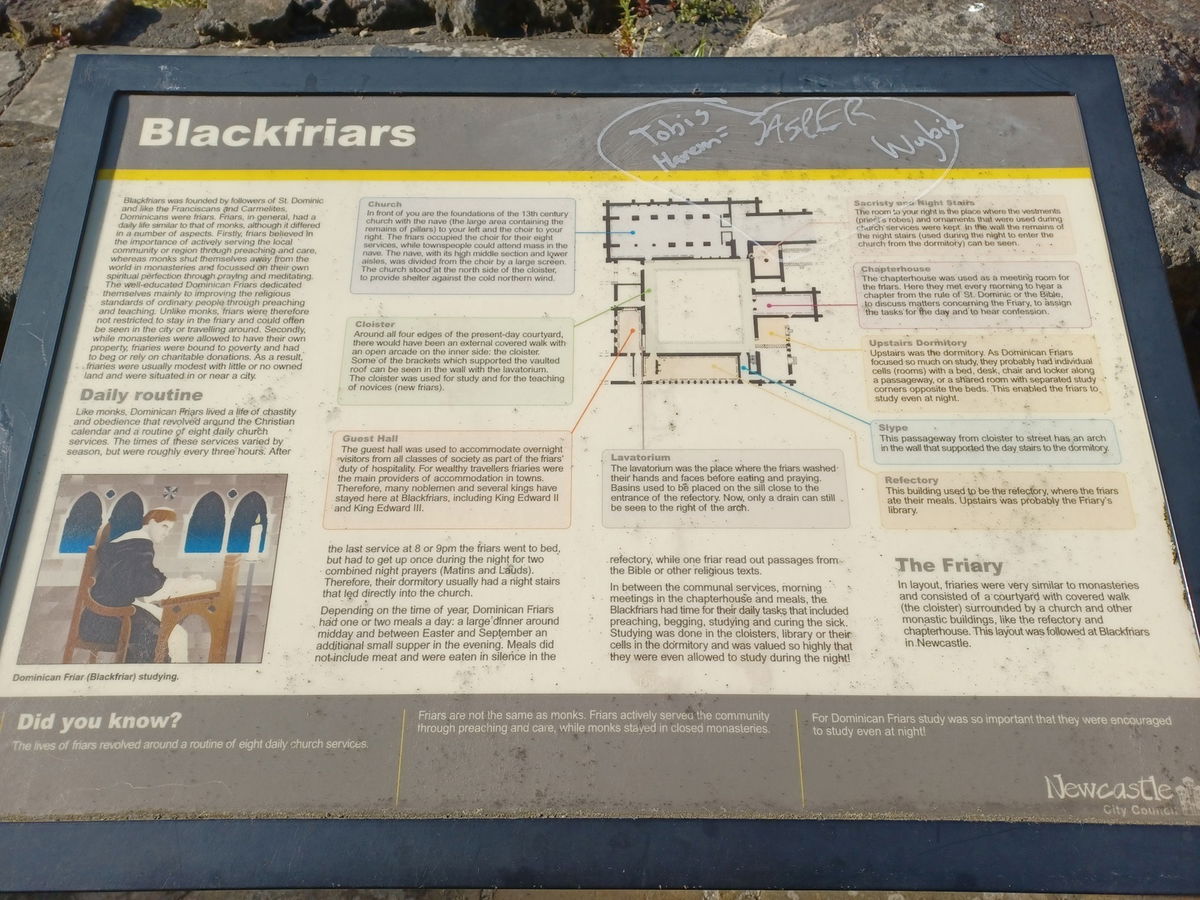
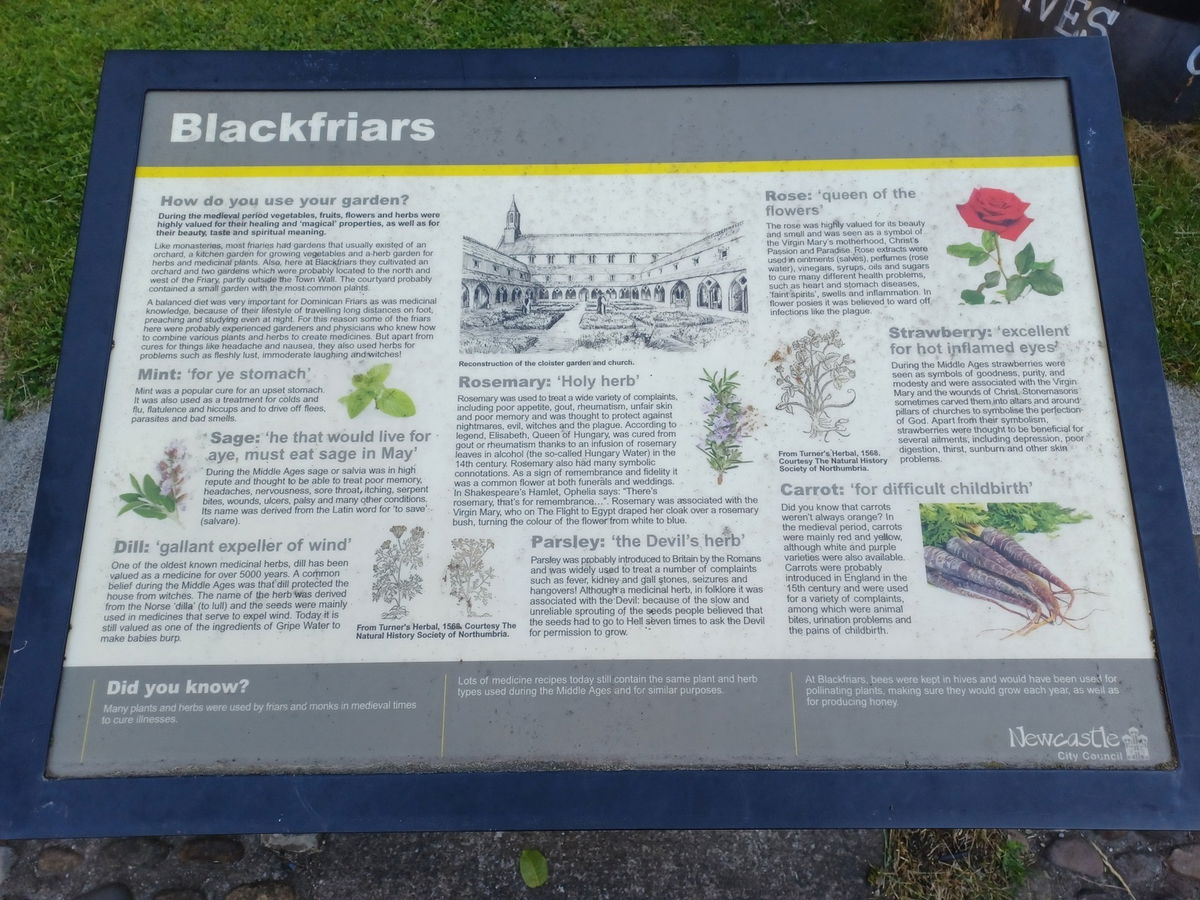
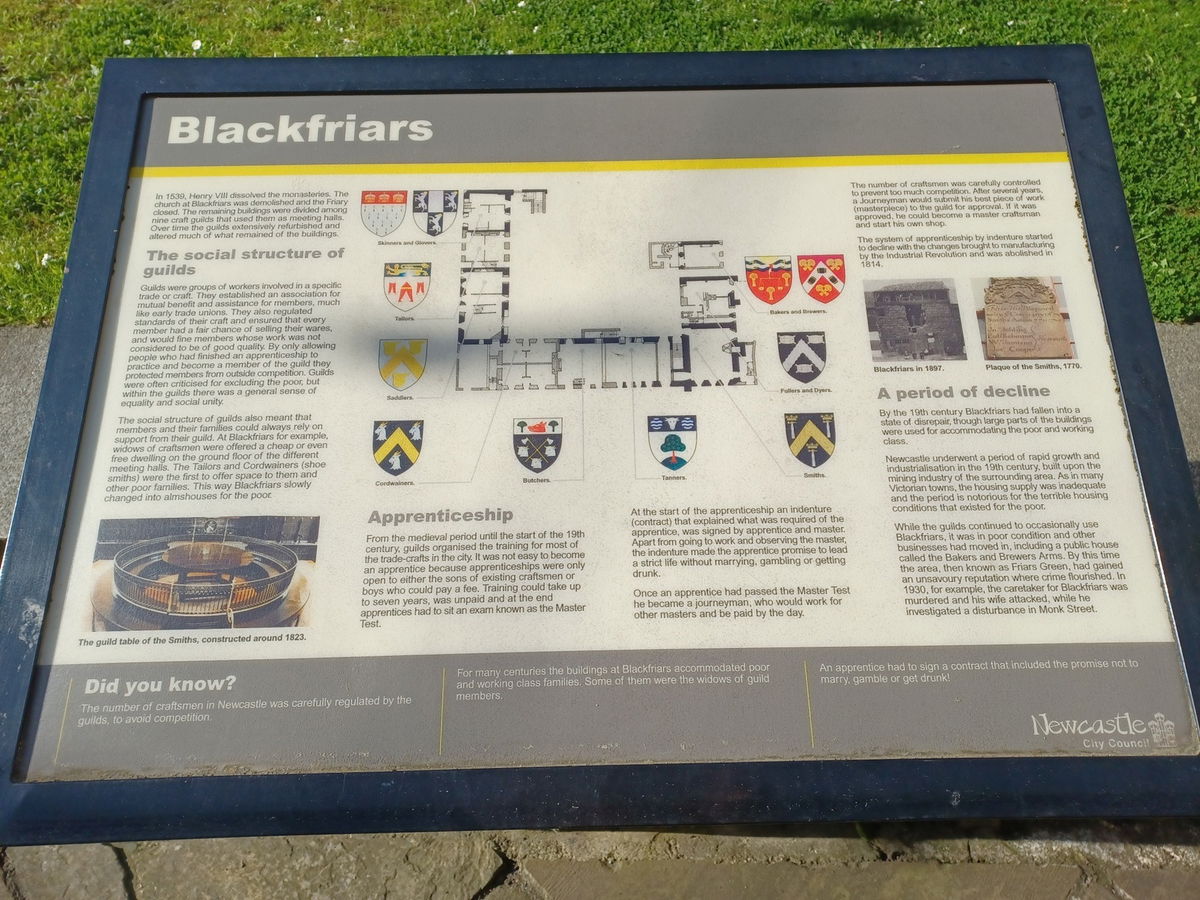
Between 1973 and 1981, the buildings of Blackfriars were restored and only those of the Cloisters remain, housing a restaurant, which is well worth a visit, and a range of craft workshops, which links back nicely to some of the previous occupants of the site, along with an exhibition on the history of Blackfriars.
Get 2 points if you have visited this place. Already visited by 125 VIPs.
Login to the VIP area to add places to your bucket list, mark them as visited and more importantly see where you rank on the league table.
How To Find Blackfriars
Where To Park For Blackfriars?
Lat / Long
54.969585, 54.969585
What three words
There is parking nearby at Blandford Square (as shown on the W3W plan) or Grainger Town. Both are a short walk from Blackfriars which is tucked in behind The Gate and the Town Walls.
Contributed by Andrew Gardner
I love being outdoors, in nature, and experiencing the relaxation it brings. Wandering through the northern countryside seeing unexpected buildings, historic places and occasionally surprised wildlife is one of life's great pleasures.
More Places from Andrew
More Places In Newcastle City Centre
Find more fabulous places in Newcastle City Centre, Tyne And Wear and if you know of a place we haven't listed, then let us know.
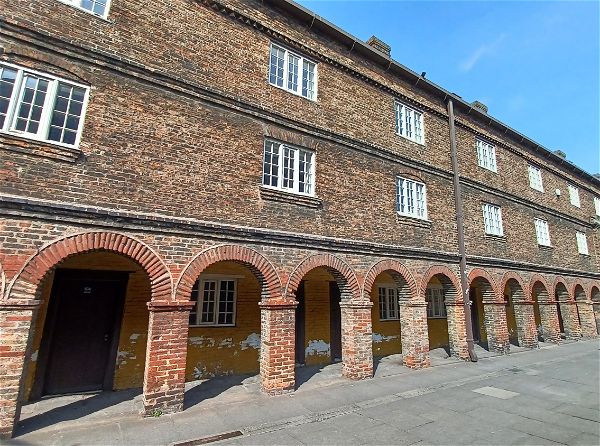
Holy Jesus Hospital
Building Newcastle City Centre Tyne And WearA hospital built on the site of a 13th century Augustinian Friary to house the "poor freemen" of Newcastle.
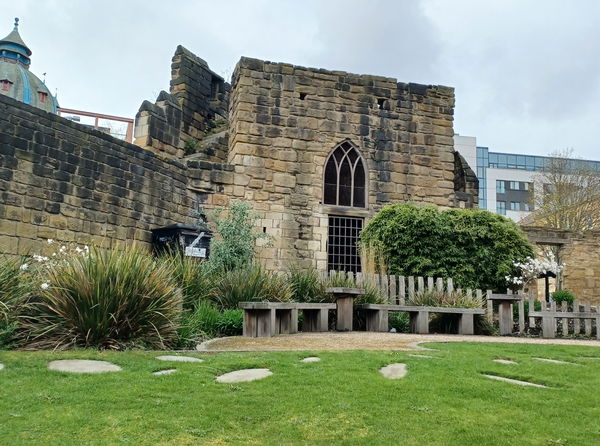
Newcastle City Walls
Building Newcastle City Centre Tyne And WearRemains of the 14th century walls that were built around Newcastle Upon Tyne.
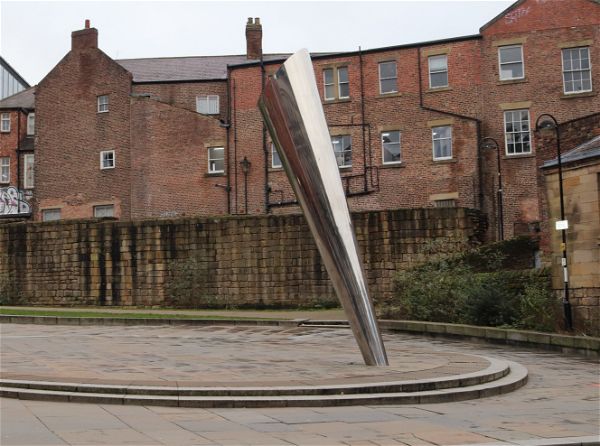
Ever Changing
Art Newcastle City Centre Tyne And WearAn abstract sculpture by Eilis O'Connell of a conical, polished stainless-steel sculpture.
More Religious Places
So this religious place wasn't enough and you want more? Don't worry we have you covered.
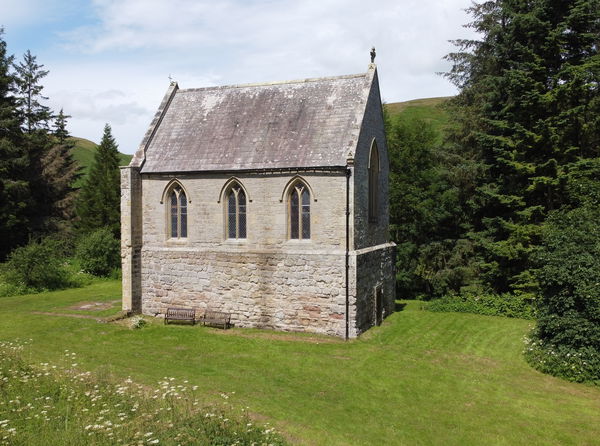
Biddlestone Chapel
Religious Place Alwinton NorthumberlandA redundant Roman Catholic chapel in Biddlestone set in a picturesque copse.
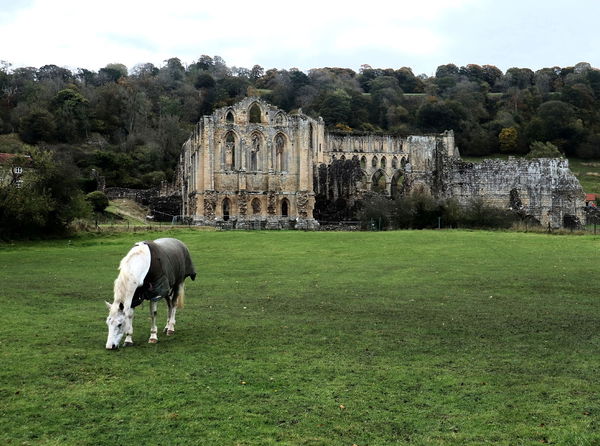
Rievaulx Abbey
Religious Place Helmsley North YorkshireRuined 12th century abbey in the beautiful Rye Valley, North Yorkshire
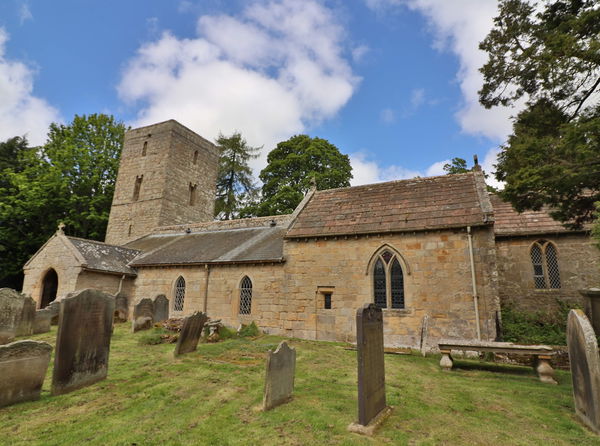
St Andrew's Church Bolam
Religious Place Bolam NorthumberlandA beautiful Saxon church nestling in the rolling countryside that was once bombed by the Germans.
Never Miss A Fabulous Place
If you are afraid of missing out on all the fabulous places we post, or just want to be the first to know, then sign up to the Fabulous North.
Each week we will email you all the brand new places that we visit.
Sign Up To AlertsFind Us On Facebook
We post all our new places daily on our Facebook Groups page, so join the group today and be notified when we add a new place.
Join Our Facebook Group
